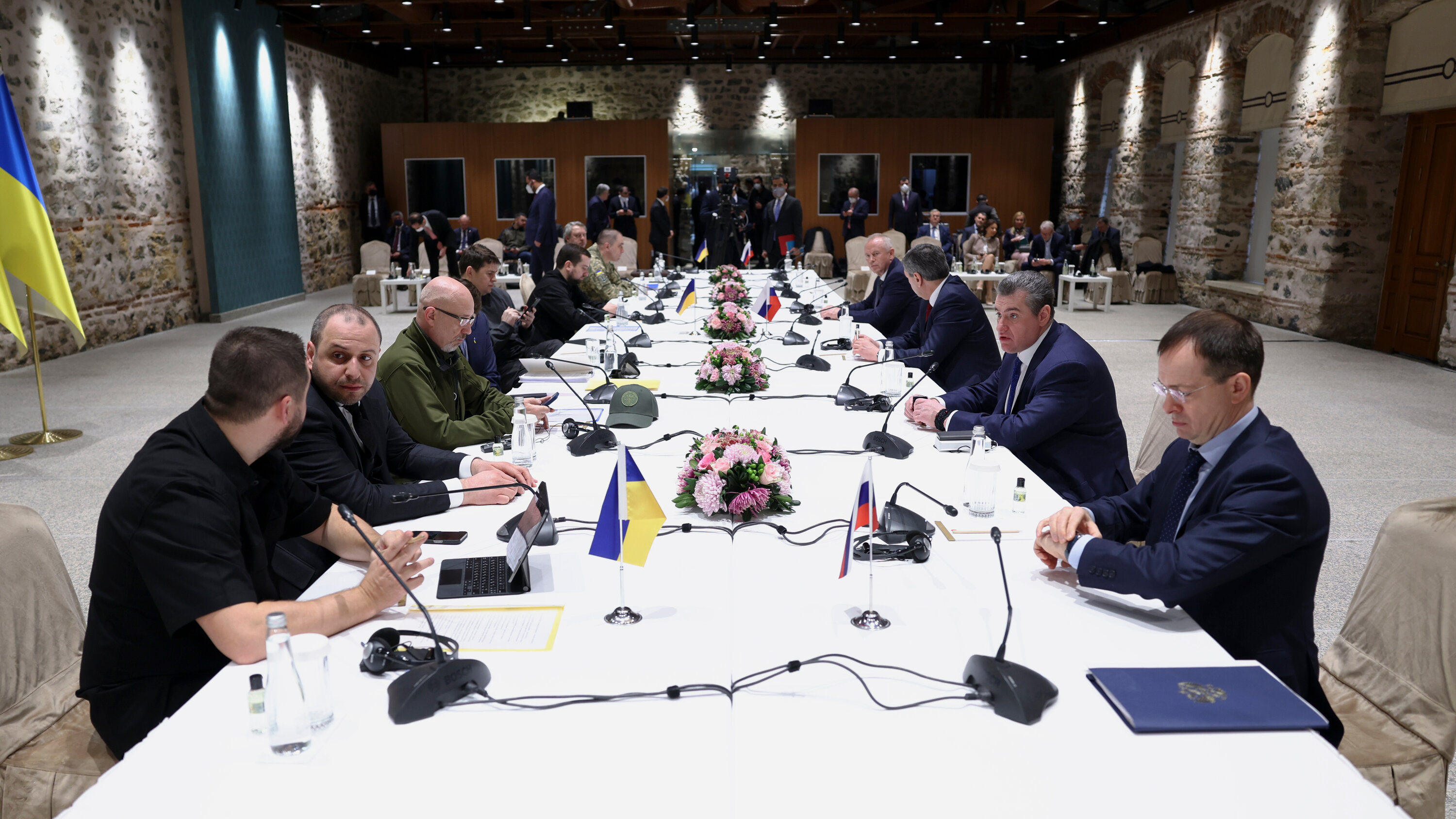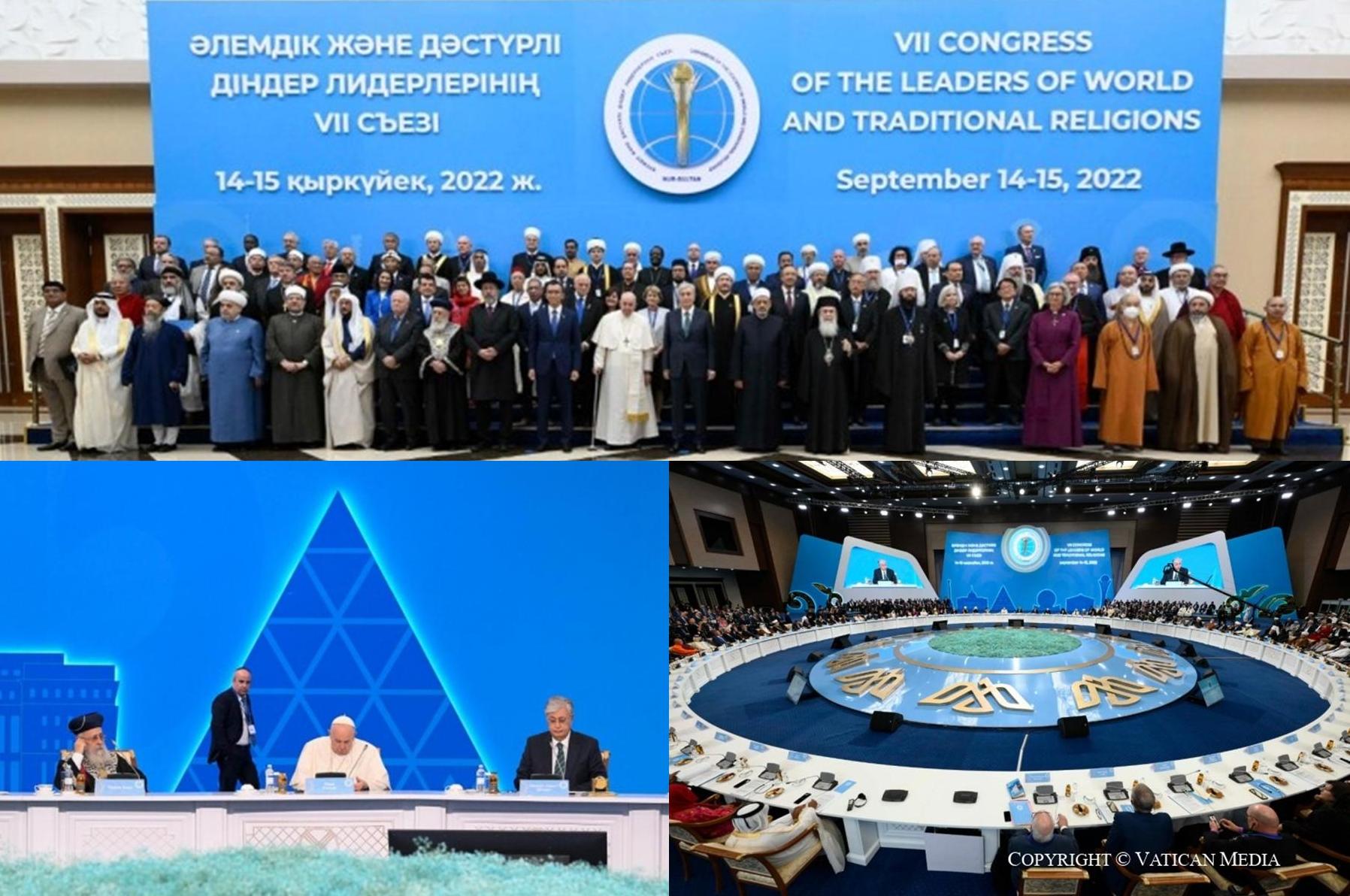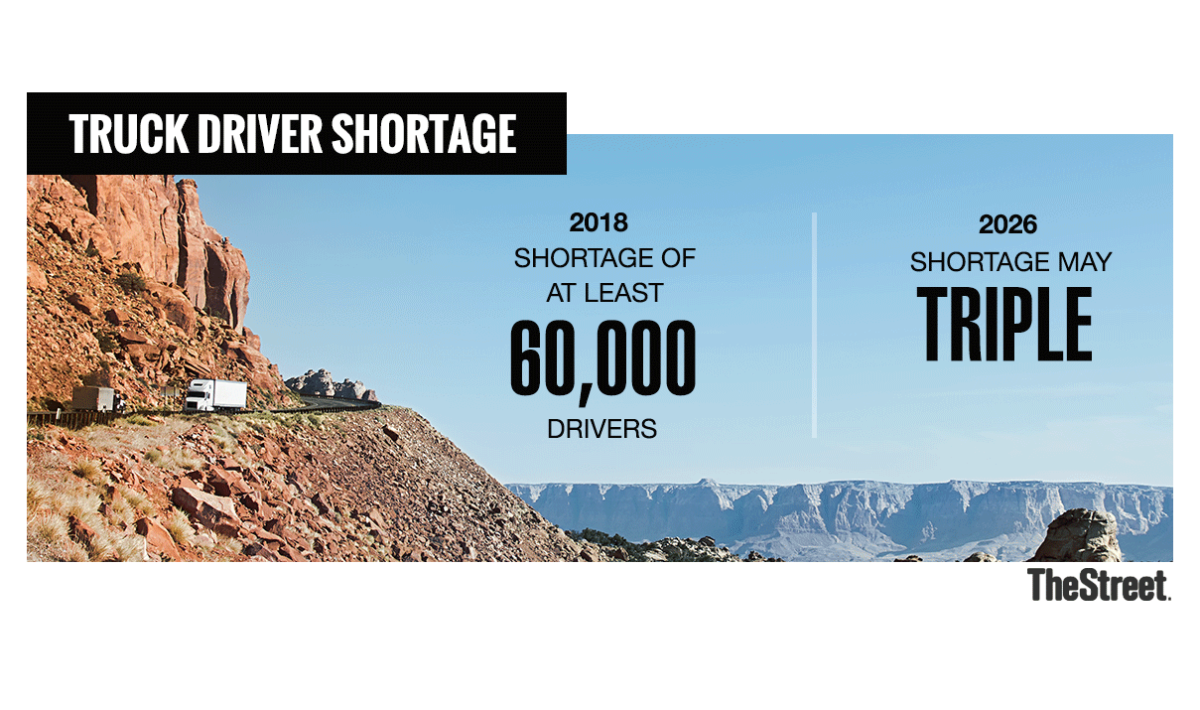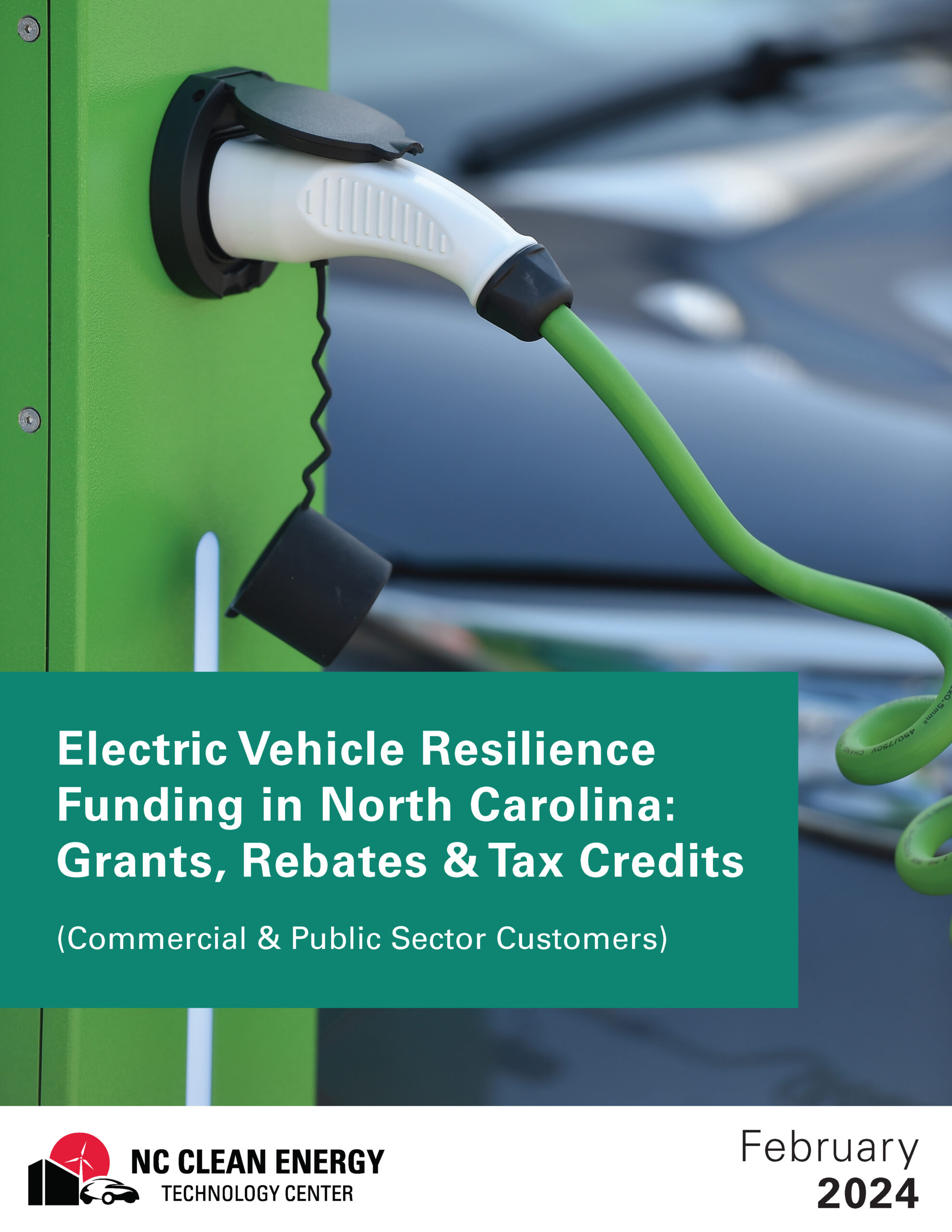Iran Nuclear Deal: Latest Talks End Without Breakthrough

Table of Contents
Key Obstacles Hindering a Breakthrough
The failure to revive the JCPOA stems from several persistent disagreements. These obstacles highlight the complex geopolitical landscape and the deep mistrust between Iran and the international community.
Remaining Disagreements on Uranium Enrichment
Iran's uranium enrichment activities are at the heart of the ongoing dispute. The current level of enrichment is significantly higher than permitted under the JCPOA, raising concerns about Iran's potential to quickly produce a nuclear weapon. Disagreements center on the scope and timeline for reducing enrichment levels back to the limits set in the original agreement.
- Differing interpretations of verification mechanisms: There's a lack of consensus on the methods and access needed to effectively verify Iran's compliance with any new agreement.
- Disputes over the timing and sequence of sanctions relief: Iran insists on significant sanctions relief upfront, while Western nations want to see tangible steps towards de-escalation first. This creates a classic "chicken and egg" scenario.
- Concerns about Iran's compliance with past agreements: Past instances of non-compliance have eroded trust, making it harder for other parties to accept Iran's assurances about future adherence. This lack of trust impacts the overall negotiations surrounding the Iran nuclear deal.
Sanctions Relief and Economic Concerns
Sanctions relief is crucial for Iran's participation in any revived agreement. Years of crippling sanctions have severely damaged the Iranian economy, and the government views sanctions relief as a vital component of any deal. However, untangling the complex web of sanctions imposed by the US and other countries presents a significant challenge.
- Debate over the scope of sanctions to be lifted: There's disagreement on which sanctions should be lifted and which should remain in place. The US in particular has been reluctant to fully lift all sanctions.
- Guarantees against future sanctions reimposition: Iran demands ironclad guarantees that the US or other nations won't reimpose sanctions in the future, creating a significant hurdle in the nuclear negotiations.
- The impact of sanctions on Iran's economy and its people: The continuing sanctions have created hardship for ordinary Iranians, adding another layer of complexity to the negotiations.
Guarantees and Mutual Trust
The lack of trust between Iran and the involved parties is a major roadblock. Years of distrust and accusations of bad faith have created a deep chasm. To move forward, verifiable guarantees of compliance from all sides are essential.
- Iran's demands for assurances that the agreement will not be unilaterally abandoned: Iran seeks credible guarantees that the next US administration will not abrogate the agreement as the previous one did.
- Western concerns about Iran's commitment to non-proliferation: Past actions and statements from Iranian officials have fueled concerns about their commitment to peaceful nuclear energy.
- The role of international monitoring and verification: Robust international monitoring and verification mechanisms are crucial for building confidence and ensuring compliance, which is a vital aspect of the Iran nuclear deal.
Potential Implications of the Stalemate
The failure to reach a deal carries significant risks for regional stability and global security.
Increased Nuclear Activity by Iran
Without a revived JCPOA, Iran may accelerate its nuclear program. This could lead to a significant increase in its capacity to produce nuclear weapons, raising serious concerns worldwide.
- Potential for higher levels of uranium enrichment: Iran could move to enrich uranium to even higher levels, further shortening the timeline to weaponization.
- Development of more advanced centrifuges: Advanced centrifuges can significantly increase the speed of uranium enrichment, posing a serious threat.
- Increased production of enriched uranium: Greater production of enriched uranium would heighten the risk of a nuclear weapons program.
Regional Instability and Escalation
Increased tensions in the Middle East are a direct consequence of this stalemate. The potential for military conflict rises significantly, posing a threat to regional peace and stability.
- Increased risk of military conflict: The increased nuclear capabilities could trigger preemptive military action from concerned nations.
- Potential for proxy wars and regional instability: The ongoing tensions could escalate into proxy wars, further destabilizing the region.
- Impact on diplomatic relations with regional allies: The stalled nuclear deal will strain diplomatic ties with regional allies, creating further instability.
Impact on Global Nuclear Non-Proliferation Efforts
The failure to revive the JCPOA sets a dangerous precedent for global nuclear non-proliferation efforts. It weakens international norms and emboldens other nations that might be considering developing nuclear weapons.
- Weakening of international non-proliferation norms: A successful Iran nuclear deal would have reinforced international norms against nuclear proliferation, but this failure weakens those efforts.
- Emboldening of other states seeking nuclear weapons: Other countries might see the failure as an opportunity to pursue their own nuclear ambitions.
- Damage to international trust and cooperation: The failure erodes trust and cooperation, making it more difficult to address future non-proliferation challenges.
Conclusion
The failure to revive the Iran nuclear deal marks a significant setback for international efforts to prevent nuclear proliferation. The unresolved disagreements highlight the complexities and challenges involved in negotiating with Iran and underscore the need for a renewed commitment to diplomacy and a pragmatic approach to finding a solution that addresses the concerns of all parties. The ongoing stalemate poses significant risks to regional stability and global security, making it crucial for all involved to return to the negotiating table and find common ground. Further engagement and a willingness to compromise are essential to avoid a dangerous escalation and achieve a lasting resolution to the ongoing crisis surrounding the Iran nuclear deal. The future of the region and the global non-proliferation regime hinges on a successful revival of meaningful nuclear negotiations with Iran.

Featured Posts
-
 World Leaders Pay Respects At Pope Francis Funeral
Apr 28, 2025
World Leaders Pay Respects At Pope Francis Funeral
Apr 28, 2025 -
 Orioles Hit Streak Ends At 160 Games The Announcers Jinx Explained
Apr 28, 2025
Orioles Hit Streak Ends At 160 Games The Announcers Jinx Explained
Apr 28, 2025 -
 Addressing The Issue Of Excessive Truck Size In America
Apr 28, 2025
Addressing The Issue Of Excessive Truck Size In America
Apr 28, 2025 -
 Resistance To Ev Mandates Grows Among Car Dealerships
Apr 28, 2025
Resistance To Ev Mandates Grows Among Car Dealerships
Apr 28, 2025 -
 Perplexitys Ceo The Fight For Ai Search Dominance
Apr 28, 2025
Perplexitys Ceo The Fight For Ai Search Dominance
Apr 28, 2025
